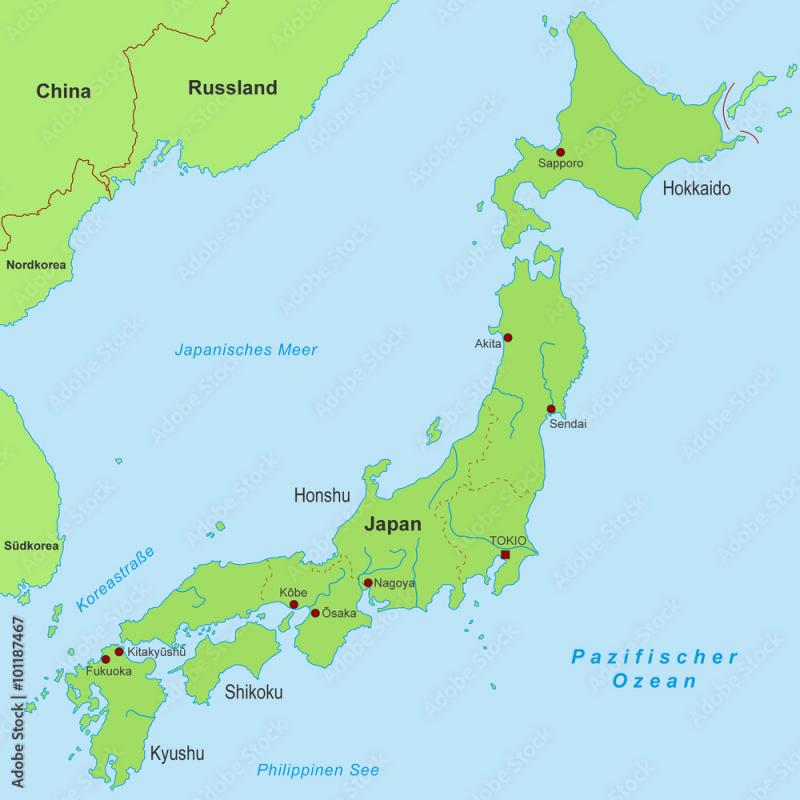|
| 서한 |
시정서한 |
|
| 매체 |
웹사이트
|
|
| 이슈 |
동해
|
|
| 언어 |
영어
|
|
| 서한보내는곳 |
cs-kr@adobe.com |
|
| 오류내용 |
동해를 Japanisches Meer로 표기한 지도를 사용하였음 |
|
| E-mail / Contact |
happyjin6337@gmail.com |
|
서론 |

Dear Adobe Stock, I hope this email finds you well. I'm Jinhwan Yoon from South Korea.
I have found a map on your website with the term 'Japanisches Meer' on it. 'Japanisches Meer' comes from German, which states that the sea belongs to Japan.
However, that territorial water belongs to South Korea, and I ask you to use the term 'East Sea' instead. The reasons are as follows.
|
|
| 본론 |
First, historical reason. The term 'East Sea' has been used for more than 2000 years, and Samguksagi(三國史記), King Dongmyeong's episode, Eight State Map(八道總圖) as well as a variety of historical maps and records support this fact. In contrast, the term 'Mer du Japon' was first used in great universal geographic map(坤與萬國全圖) by Matteo Ricci in 1602.
Nest, legal reason. The East Sea is adjacent to four countries, South Korea, Russia, North Korea, and Japan. It also consists of territorial waters of several countries and the exclusive economic zone(EEZ). According to international rules, names of the sea shared by two or more countries should be determined through consultation between the countries concerned. If not, it is reasonable to write side-by-side the names that those countries use. These general principals are also mentioned by international hydrographic organization(IHO) and by U.N. conference of standardization of geographical names(UNCSGN).
|
|
| 결론 |
In conclusion, I require that you make rectification on your website. I hope you would help deliver correct historical fact to your visitors around the world.
Thank you for your time and consideration. I look forward to your reply.
Sincerely, Jinhwan Yoon |

